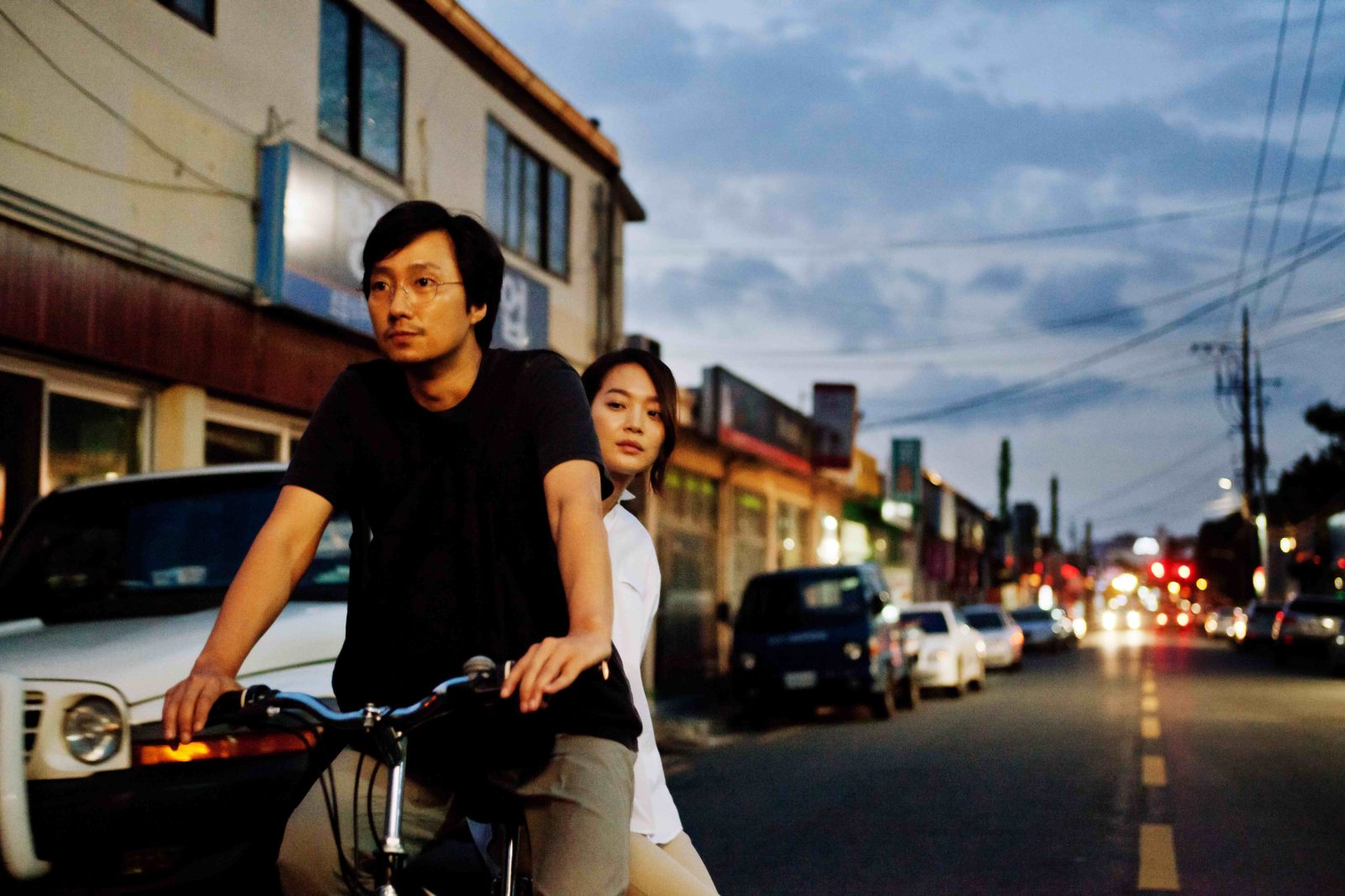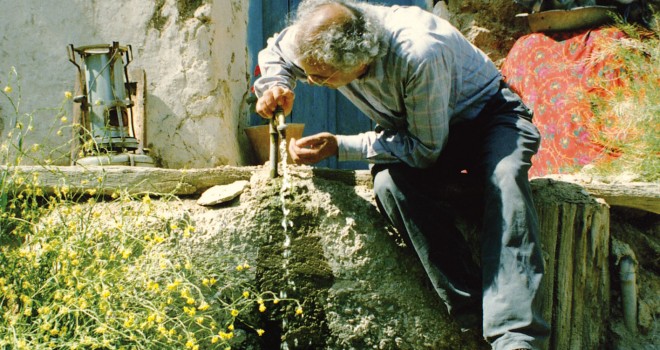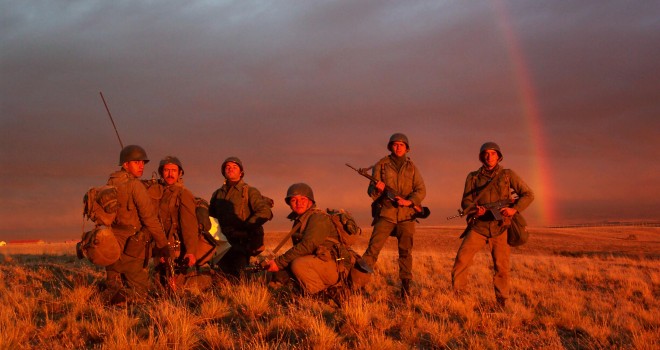Hyeon (Park Hae-il, The Host) returns to Gyeongju to attend a colleague’s funeral. After his consternation at being taken for a foreigner in his home country come the impalpable and disturbing memories, futile or deep, serious or light-hearted, of his life in the city seven years earlier. First, the pornographic painting that he had seen in a tearoom and that he longs to see again, even though the business, Arisol, has changed hands. Like Hong Sang-soo who anchors his stories in precise Seoul locales, Zhang Lu relies on the characteristic features of Gyeongju, a historic Korean landmark. The burial mounds around the city, which provide the setting for one of the film’s finest sequences, serve as metaphors for the things and people that haunt Hyeon. Just when he thinks he has joyfully renewed ties with a former lover, he finds himself facing a woman who casts a new light on their shared past. But the rhythm of the film, which never hurries its 24-hour span, muffles this revelation and keeps pathos at bay. Zhang Lu blends the trivial and the noble, Chinese and Korean identities and past and present into a cinematic experience that is at the same time delicate and bitter.
C. G.





